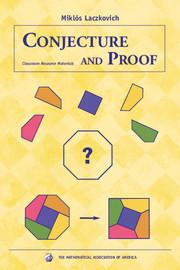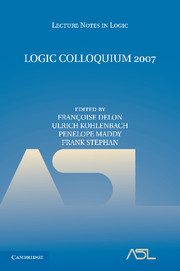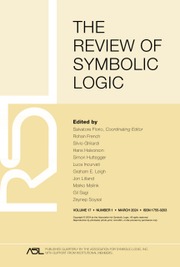Justification Logic
Classical logic is concerned, loosely, with the behaviour of truths. Epistemic logic similarly is about the behaviour of known or believed truths. Justification logic is a theory of reasoning that enables the tracking of evidence for statements and therefore provides a logical framework for the reliability of assertions. This book, the first in the area, is a systematic account of the subject, progressing from modal logic through to the establishment of an arithmetic interpretation of intuitionistic logic. The presentation is mathematically rigorous but in a style that will appeal to readers from a wide variety of areas to which the theory applies. These include mathematical logic, artificial intelligence, computer science, philosophical logic and epistemology, linguistics, and game theory.
- Mathematical treatments are presented in a reader-friendly way
- Presents a new logic paradigm ideal for the age of unreliable information claims
- Will be useful for students and researchers across a broad range of disciplines
Reviews & endorsements
'Good examples, illuminating diagrams, deep insights contribute to making the book most valuable to readers who intend to work in the area, but also to anyone interested in mathematical and philosophical logic in general, as concepts and results are truly fundamental and profound.' Éric Martin, zbMATH
Product details
No date availableAdobe eBook Reader
9781108661102
0 pages
1 b/w illus.
Table of Contents
- Introduction:
- 1. Why justification logic?
- 2. The basics of justification logic
- 3. The ontology of justifcations
- 4. Fitting models
- 5. Sequents and tableaus
- 6. Realization – how it began
- 7. Realization – generalized
- 8. The range of realization
- 9. Arithmetical completeness and BHK semantics
- 10. Quantifiers in justification logic
- 11. Going past modal logic.





